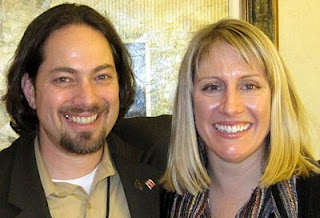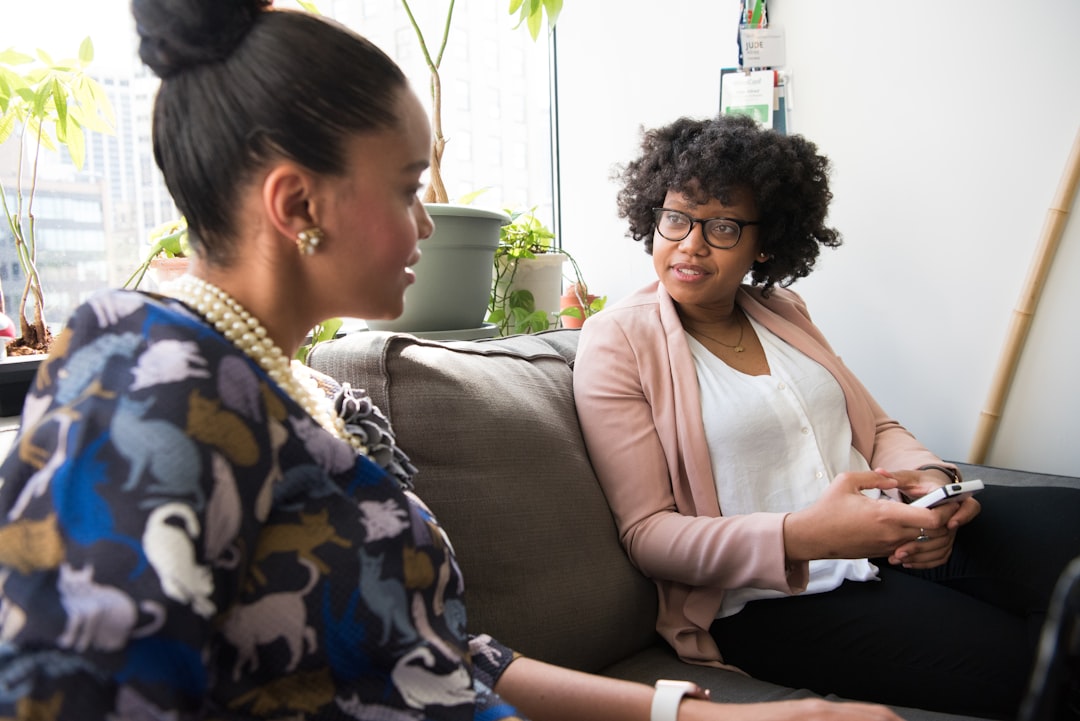[Episode 146] In today’s episode of the Social Work Podcast I talk with NASW CEO, Dr. Anthony Estreet, about what he sees as some of the most pressing issues shaping the future of social work. These include the rapid evolution of Artificial Intelligence (AI), the urgent need for social workers to organize and advocate, the Social Work Interstate Compact, and NASW's renewed vision for the organization.
Bio
Anthony Estreet, PhD, MBA, LCSW-C, earned a bachelor’s in science in psychology from Bowie State University, an MSW at Virginia Commonwealth University, a doctorate in social work at Morgan State University, and an MBA at the University Maryland-College Park. He is a member of Alpha Phi Alpha, the oldest intercollegiate African American fraternity.
He has been a professor and chair of the Master of Social Work Program at Morgan State University since 2013. Estreet is also founder and chief executive officer of Next Step Treatment Center in Baltimore, which provides substance use treatment and mental health services. He was vice president of the NASW Board of Directors but stepped down from that role after being considered a candidate in the search process. Estreet also served as president of the NASW Maryland Chapter and is an active member of the Council on Social Work Education and the National Association of Black Social Workers.
Download MP3 [24:00]

















